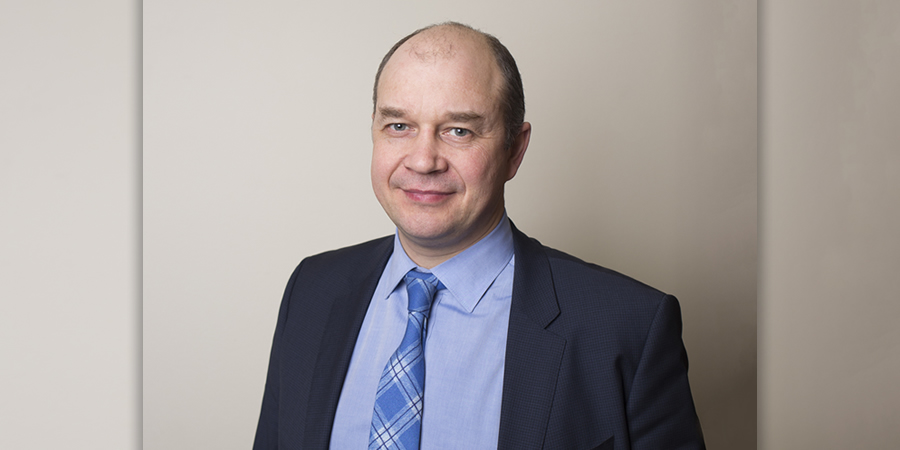In the era of digital transformation, Moscow appears to be among the leading cities that are rapidly evolving into smart nations. In a discussion with Telecom Review, the head of the Department of Information Technologies of Moscow, Eduard Lysenko, delved into the city’s digitalization journey which encompassed an update on Moscow’s 5G journey and the progress achieved thus far in terms of launching of e-services.
Moscow was among the first cities to launch 5G. Where are you now in the process?
In the Russian Federation, telecommunication is regulated by the federal ministry. Moscow has become the first pilot territory where we started 4 zones of 5G. Now, all service providers have launched the service and we aim to finish deployment by the end of the year and assess the results in order to expand the service to other cities.
Where is Moscow now in its digitization journey?
We are focusing on providing as much e-services as possible. More than 340 e-services are placed in one mobile application which we are still working on optimizing. With this platform, 60 percent of the public services will be available online which spears the trouble of having to go through the long processes and avoids long waits.
How is Moscow using technologies to boost its socio-economic development? What sectors are benefiting the most?
In the construction sector for example, 40 services are now accessible online which saves money and time. A new information model which we’re establishing, is set to facilitate all sector-related processes. This is one of the initiatives the government has taken to boost socio-economic development.
The same applies for the transportation sector. An electrical transport system was implemented five years ago in Moscow and is always subject to new developments. Today, we’re incorporating pre-IoT to it which will offer new opportunities to transport providers.
Data is known today as the new oil and with data comes security concerns. How does Moscow deal with its citizens’ data?
Russia is one of the world’s most protective states, notably in terms of cybersecurity and we take pride in our security regulations in place.
When we talk about smart cities, we are talking about huge amounts of data generated each second by connected devices. That is why we are very strict and try to be more conservative.
What are your goals for the upcoming year?
We are planning to launch the experimental judicial zone of artificial intelligence with the support of the federal colleagues. The main purpose is to use artificial intelligence to cut costs and accelerate the deployment of connected cars.
We will also create a big data hub platform to provide an IT market. We have open data initiatives but we didn’t have a platform which gives them access to new data which the city provides.
Our third goal is focused on 5G. We will launch a demo center with leading telecom vendors to develop the service and hopefully commercially deploy it soon.










